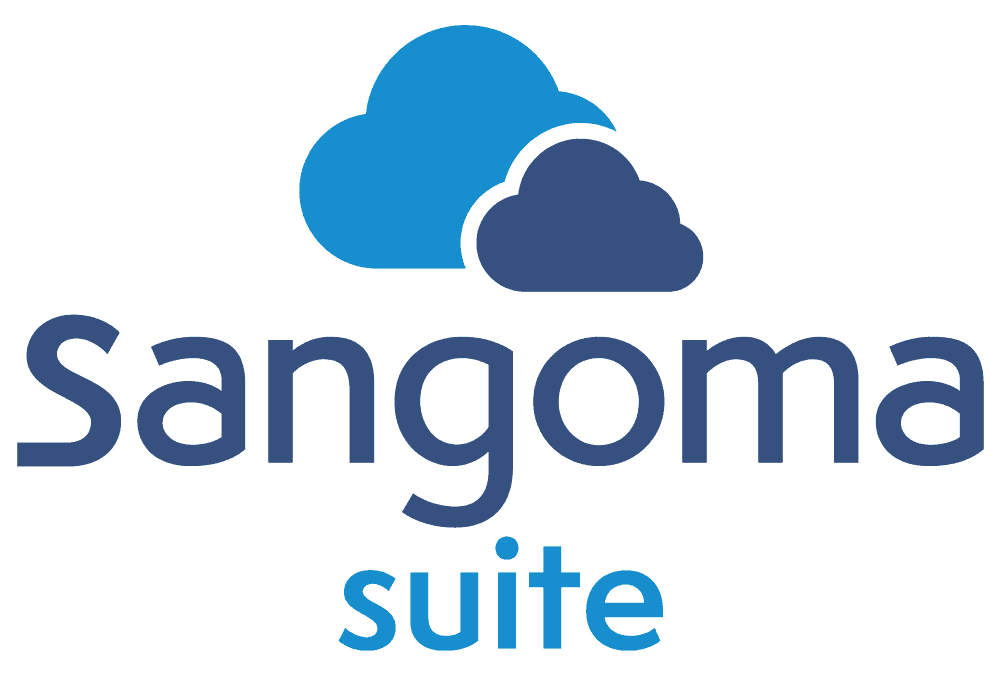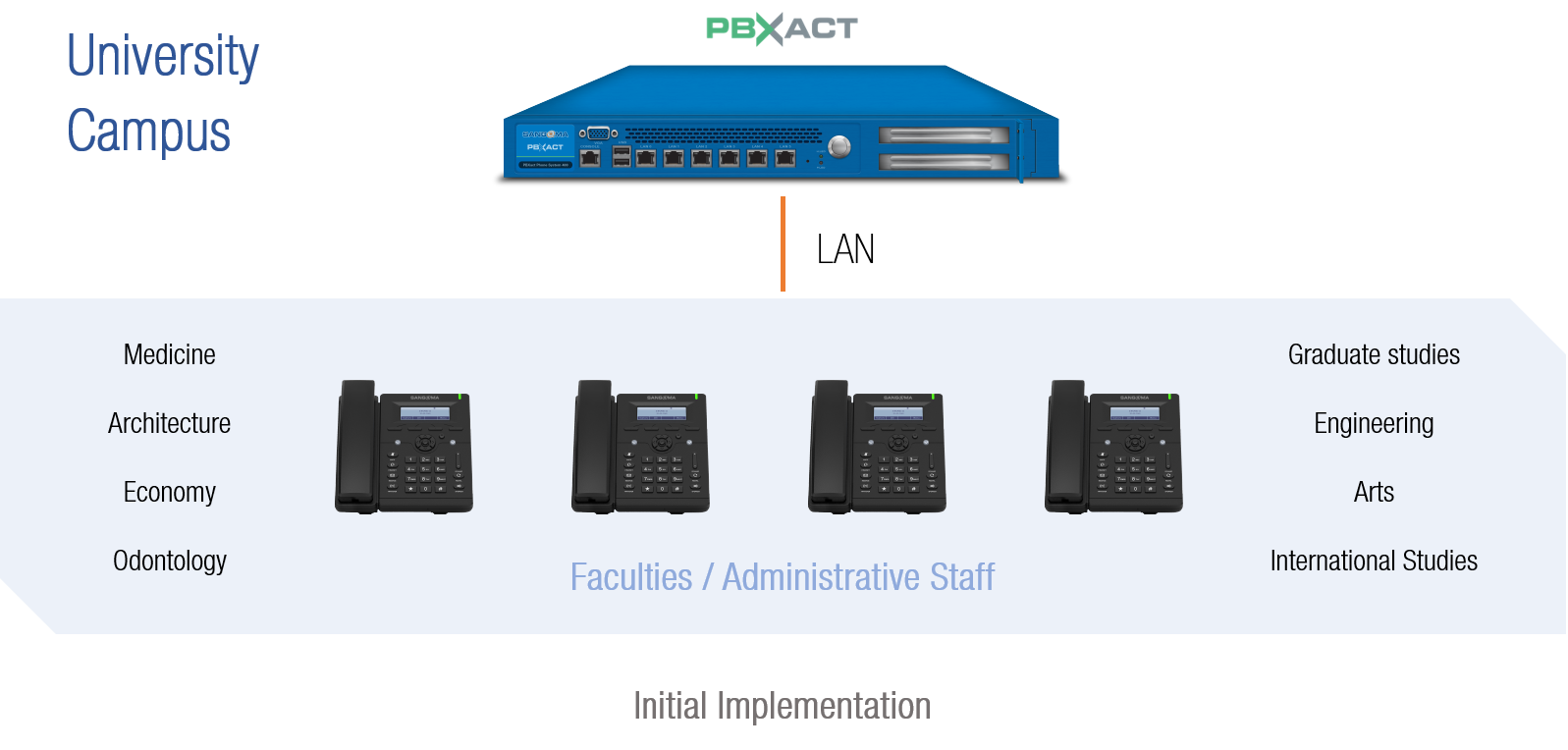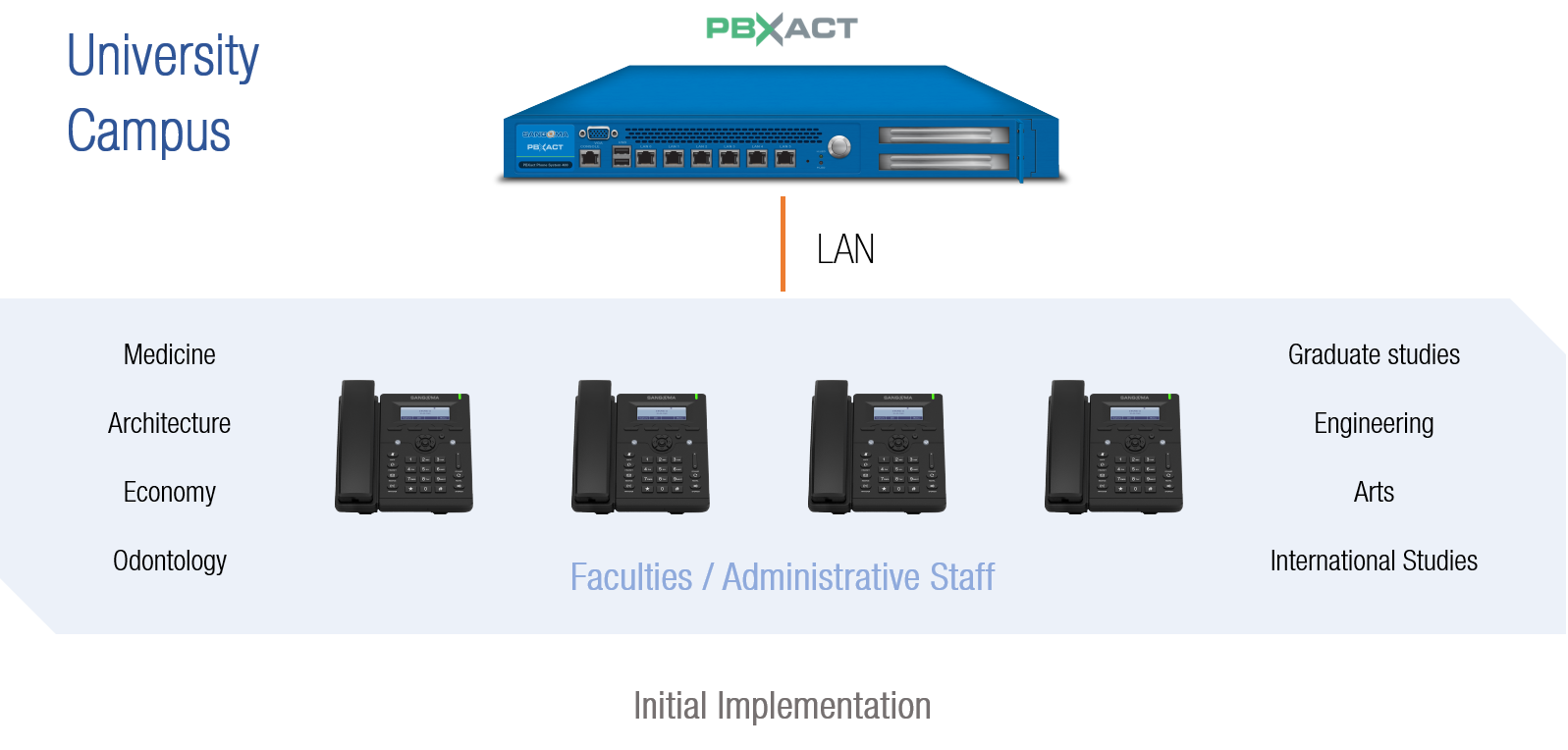UC in Times of Pandemic
By now, we have all been impacted by the pandemic situation, whether directly or indirectly. You or someone you know has probably contracted COVID-19, lost a job, or cancelled this year’s vacation. There have been many difficult situations to work through this year.
This article is available in Spanish. ¡Lea este artículo en Español!
Ecuador, a small country in South America, was among the first countries to suffer from the effects of the virus, with dramatic spikes in the number of infections and casualties. Today, I would like to share with you the story about how the UC system from one of our customers in Ecuador was employed in a meaningful yet completely unexpected way to connect people to the help they need.
Back in late January—after finally getting the green light to move away from their legacy system—our customer Universidad de Especialidades Espíritu Santo, a private university, had just completed the implementation of their brand-new phone system. Shortly after, COVID-19 hit.
Luckily, the business phone system and its capabilities nowadays has greatly evolved since the days when the operator billed you for internal calls between branches or even different buildings.
Thanks to this, the university’s response to the virus was swift, rapidly enabling faculty and staff to work remotely when the mandated quarantine began and travel became legally restricted. This was possible for the university because our solutions allow you to take your business phone number wherever you go, so that you can answer regular work calls, conference, chat, and collaborate with coworkers by using the UC client app on your laptop or mobile phone.
Want to know the best part? The university did not incur any additional licensing costs to enable these features and start working remotely. The faculty and administrative staff, even the chancellor who was abroad at the time, were all able to connect and communicate as though nothing had changed.
As a next step, they migrated the call center operation, so that no calls from current students or potential applicants would be missed. This soon sparked an idea: If our staff can be set up to connect remotely so easily, what if we expanded the advantages of the system to do our share for our fellow citizens?
Think about it for a second. It was the first few weeks of the lockdown. Local health systems and regular emergency lines had collapsed due to unexpected high volumes. Uncertainty and fear was the order of the day, since even the experts struggled to understand the virus. This was the environment in which the university decided to host a COVID-19 hotline, providing anxious callers with access to medical professionals qualified to screen for coronavirus symptoms.
Over 80 doctors from around the country decided to join the initiative, connecting to the university’s phone system via the Zulu UC app installed on their mobile phones. By the end of the teleservice’s first day, the system reported that over 12 thousand inbound calls had entered the queue.
Over the last two decades, new and exciting technologies have emerged in the telecom field, and our communication needs have developed correspondingly. We now need more and better ways to interact in our business world. It certainly hasn’t been easy for anyone to deal with the crisis, and the path to recovery and regaining some sense of ‘normalcy’ is long. Duly prepared or not, companies have had to manage to offer their personnel with the appropriate resources to push on. We can only hope that the versatility and increased flexibility prompted by the situation will prove to be lasting, positive change in the work ecosystem.
As for the university, they have moved on to support those affected by the crisis by broadening their activities in health relief, such as opening new biolab testing and clinic facilities. Surely, little did they suspect when they first implemented their UC phone system, that it would turn out to be such a relevant and crucial organizational decision, enabling them to more rapidly and completely lend a helping hand to their community.
As a UC vendor, we at Sangoma have always been strong advocates for mobility and remote work enablement. Still, I can personally say that it has brought us great satisfaction to see our tools used in such a purposeful way.
If you want to find out more details on this implementation, download the UEES University case study!
The post UC in Times of Pandemic appeared first on Sangoma.







